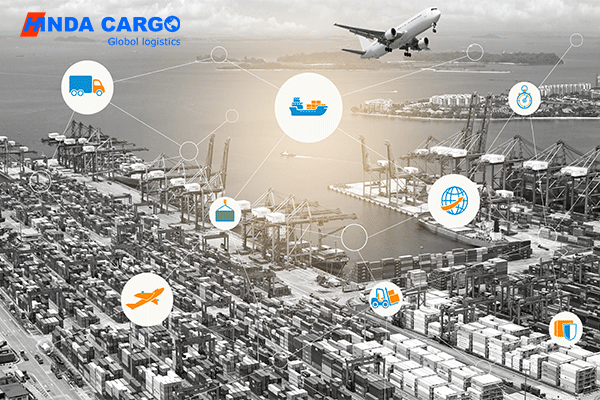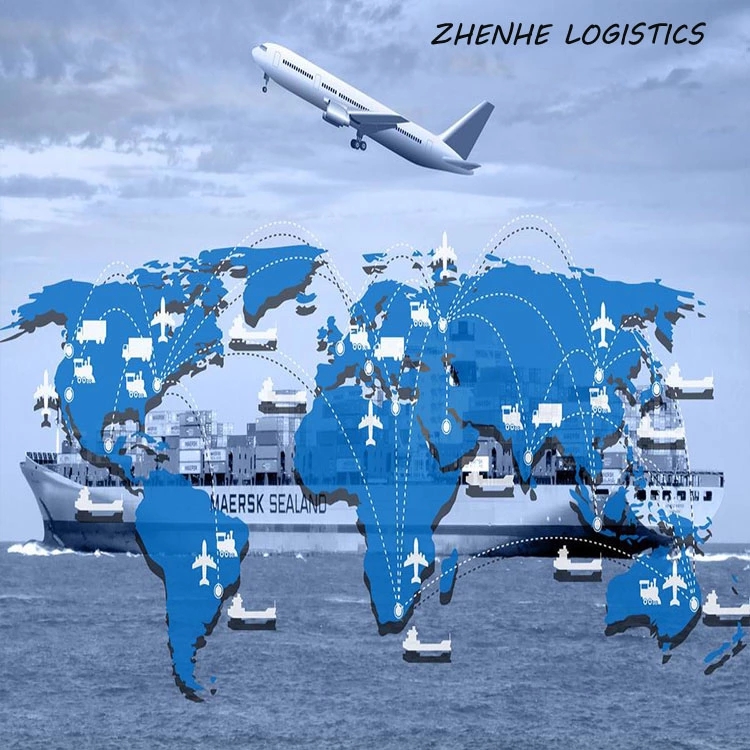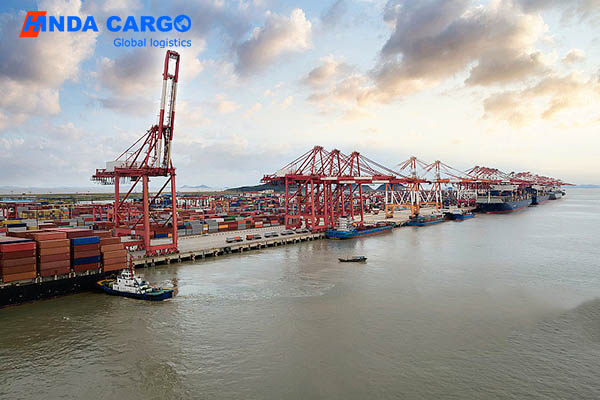What does DDP stand for in shipping?
In today's increasingly globalized world, international trade is becoming more and more common, and freight agreements play a key role in cross-border trade. The delivery terms between seller and buyer are critical to the success and efficiency of the transaction. In the field of shipping, DDP (Delivered Duty Paid) is one of the common delivery terms. In this article, we will explore the definition and characteristics of DDP, as well as its application in maritime transport. Next, we will further explore what buyers need to consider when choosing a DDP, and finally discuss the key points that sellers need to pay attention to under a DDP agreement.
What does DDP stand for in shipping?
DDP (Delivered Duty Paid) refers to delivery with duty paid in ocean shipping. This is a delivery agreement in which the seller assumes all responsibility for transporting the goods until they arrive at the agreed destination, including transportation, insurance, duties and taxes, etc. This means there are no additional charges for the buyer to pay when receiving the goods.
1. Seller’s responsibilities:
Under the DDP agreement, the seller assumes all responsibilities related to the transportation of the goods, including the cost of delivering the goods to the location designated by the buyer. The seller is required to ensure the safety of the goods during transportation and pay all duties and taxes.
2. Buyer’s convenience:
The DDP agreement provides great convenience to buyers as they do not need to worry about shipping and customs duties. This allows the buyer to focus on sales and marketing rather than logistics and customs clearance.
3. Risk transfer:
Under a DDP agreement, the seller assumes more risk because they are responsible for the safety of the goods during transportation. This requires sellers to be more careful when choosing shipping and insurance services.
4. Competitive advantages:
A DDP agreement can enhance the seller's competitive advantage in the market because buyers are usually more willing to choose sellers that provide DDP services. This way, the buyer can conduct the transaction more easily and with less hassle.

What should buyers consider when choosing a DDP?
When buyers choose a DDP protocol, they need to weigh many factors, including cost, convenience and risk management.
1. Cost factors:
DDP agreements usually mean higher fees because the seller needs to pay for shipping, insurance, and customs duties. Buyers need to evaluate whether these additional costs are reasonable and compare with other agreements.
2. Logistics convenience:
The DDP agreement allows the buyer to have more peace of mind in the transaction because the seller is responsible for logistics and customs duties. Buyers only need to receive the goods at the designated location, which greatly simplifies the transaction process.
3. Risk management:
Since the seller bears the risk of the goods during transportation, the buyer needs to ensure the reliability and credibility of the seller when choosing a DDP agreement.
4. Market competitiveness:
DDP agreements make buyers more competitive in the market as they can focus on their core business without having to deal with logistics and customs issues.

What points do sellers need to pay attention to under the DDP agreement?
Sellers need to weigh multiple aspects such as cost, risk and market competitiveness under the DDP agreement.
1. Cost control:
Under a DDP agreement, the seller needs to pay for shipping, insurance and customs duties, which can increase costs. Sellers need to conduct a careful cost assessment to ensure pricing is reasonable.
2. Logistics management:
Sellers need to choose reliable transportation and insurance services to ensure the safety of the goods during transportation. This places higher demands on the seller’s logistics management capabilities.
3. Risk Assumption:
Under the DDP agreement, the seller bears the risk of the goods during transportation. The seller needs to take appropriate measures to ensure that the goods are not damaged during transportation.
4. Market competitive advantage:
Providing DDP services can enhance the seller's competitiveness in the market because it provides great convenience to buyers. However, this also means higher costs and risks for the seller.

Summarize
In international trade, DDP agreements offer different advantages and challenges to buyers and sellers. Buyers can enjoy greater convenience and market competitiveness when choosing a DDP agreement, while sellers need to bear more responsibilities and costs. Both parties need to fully weigh their respective needs and actual circumstances when choosing a DDP agreement to ensure the smooth progress of the transaction. Whether you are a buyer or a seller, rational use of the DDP agreement can improve the efficiency and competitiveness of international trade.




